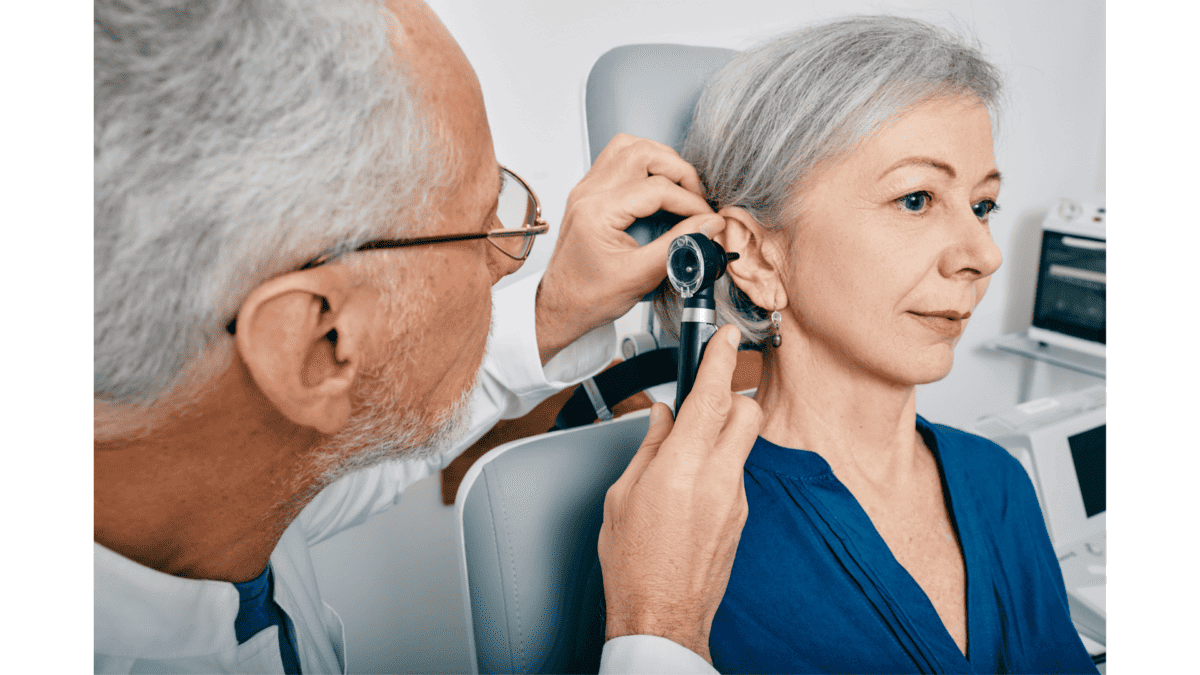Hearing is an essential aspect of our lives, connecting us to the world around us. It shapes our experiences, relationships, and overall well-being. Yet, despite the many advancements in hearing loss prevention, diagnosis, and management, people continue to avoid hearing tests. As hearing professionals, our mission is to shed light on the reasons behind this hesitation and emphasize the significance of early detection. In this article, we’ll explore the latest advancements in hearing care, the role of early intervention, and glimpse into potential futuristic interventions, all while approaching the subject with empathy and understanding.
The Hesitation to Get a Hearing Test
Why do so many individuals avoid hearing tests, even when they suspect they may be experiencing hearing difficulties? Several factors contribute to this avoidance:
Stigma:
Hearing loss is often associated with aging, leading many to perceive it as a natural part of growing older. This societal stigma discourages individuals from addressing their hearing concerns, fearing they will be judged or labeled as ‘old.’
Denial:
It’s human nature to deny or downplay health issues. People may acknowledge their hearing difficulties but convince themselves that it’s not yet serious enough to warrant professional attention. This self-denial can lead to a delay in seeking help.
Fear of the Unknown:
The idea of being diagnosed with hearing loss can be intimidating. People may fear the implications of the diagnosis, the prospect of hearing aids, or the impact on their daily life. This fear often results in procrastination.
Misconceptions:
Misconceptions about hearing tests and the audiology profession abound. Some may believe that hearing tests are painful or invasive, which is far from the truth. Dispelling these myths is crucial to encouraging individuals to seek testing.
The Importance of Early Detection
Early detection of hearing loss is critical for several reasons, and it is our responsibility as hearing professionals to stress its significance:
Improved Quality of Life:
Addressing hearing loss early can significantly enhance one’s quality of life. Hearing connects us to our surroundings, enabling us to communicate effectively, maintain relationships, and participate fully in social and professional activities.
Cognitive Health:
Emerging research has unveiled a link between untreated hearing loss and cognitive decline. Early intervention may help mitigate this risk, as hearing loss can lead to social isolation and cognitive strain.
Effective Management:
The sooner hearing loss is detected, the more effective management strategies can be implemented. Hearing aids and assistive devices are becoming more advanced, offering a better quality of sound and improved user experience.
Emotional Well-being:
Untreated hearing loss can lead to anxiety, depression, and feelings of isolation. Early detection and treatment can alleviate emotional distress and improve overall mental well-being.
Recent Advancements in Hearing Care
Hearing care has seen remarkable advancements, with innovative technologies and evidence-based practices that can change the lives of those with hearing loss. Some noteworthy developments include:
Teleaudiology:
The COVID-19 pandemic accelerated the adoption of telehealth, including teleaudiology services. Patients can now access consultations, adjustments, and follow-ups from the comfort of their homes, making hearing care more accessible.
Artificial Intelligence (AI):
AI-powered hearing aids are changing the game. These devices can adapt to different listening environments in real-time, reducing background noise and enhancing speech clarity, providing a more natural listening experience.
Tinnitus Management:
Tinnitus, or ringing in the ears, is a common hearing-related issue. New therapies and smartphone apps can help manage tinnitus by providing sound therapy and cognitive-behavioral support.
Cochlear Implants:
Cochlear implant technology continues to improve, offering better hearing outcomes for those with severe or profound hearing loss. Advancements in electrode design and signal processing have expanded the candidate pool.
Potential Futuristic Interventions
Looking ahead, the future of hearing care holds exciting possibilities:
Regenerative Therapies:
Regenerative medicine research offers hope for restoring damaged hair cells in the inner ear. While this field is still in its infancy, the potential for reversing certain types of hearing loss is promising.
Brain-Computer Interfaces:
Researchers are exploring the use of brain-computer interfaces to bypass damaged auditory pathways and deliver sound signals directly to the brain. This approach could revolutionize hearing restoration.
Customized Hearing Solutions:
Future hearing aids may be tailored to an individual’s unique ear anatomy and listening preferences, providing an unparalleled hearing experience.
As hearing professionals, we understand the barriers that prevent people from seeking hearing tests, but it’s our duty to break down those barriers. Emphasizing the importance of early detection and promoting the latest advancements in hearing care can encourage individuals to take the first step toward better hearing.
Hearing is a gift that should not be taken for granted. The ability to engage with the world, communicate effectively, and enjoy life to the fullest hinges on maintaining healthy hearing. With advancements in hearing care and the potential for futuristic interventions, the future is bright for those with hearing difficulties. Let us work together to ensure that more people make the choice to seek the help they need, experience the world in all its auditory richness, and continue to thrive.

